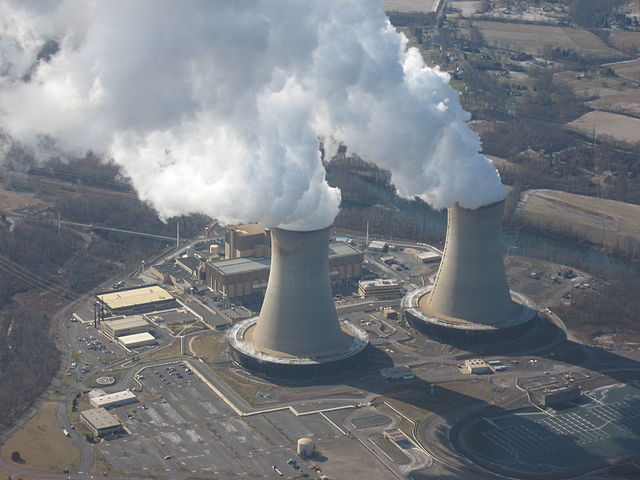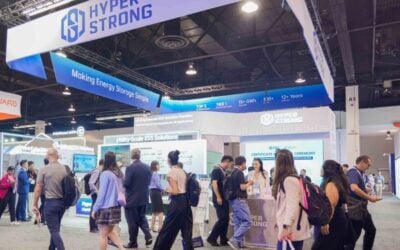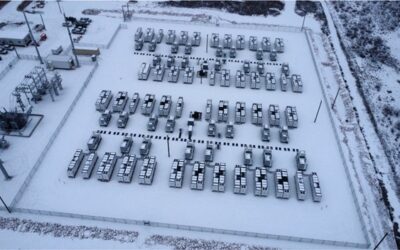
Nuclear generation company Exelon and chemical company Albemarle, which has lithium mining facilities, are investigating opportunities in the energy storage space, having partnered with battery energy storage investor Volta Energy Technologies to do so.
Volta, from Chicago, said on Thursday that it has developed and launched a modelling tool to find and assess innovations in battery and energy storage system technology for possible investments. The company said it was looking for “those breakthroughs with the greatest promise for commercial application”. Volta will identify, validate and invest in those so-called breakthroughs.
“During my 24 years in the private sector and at national labs, I saw firsthand how challenging it is for a single entity to develop a new physical technology, or for a single investor to identify the right opportunity, let alone take it to market,” Volta CEO and founder Jeff Chamberlain said.
“Volta brings together a team of battery storage and investment experts to tap into the unmatched capabilities of the US national laboratory system to identify and overcome deal-killing technical challenges.”
Try Premium for just $1
- Full premium access for the first month at only $1
- Converts to an annual rate after 30 days unless cancelled
- Cancel anytime during the trial period
Premium Benefits
- Expert industry analysis and interviews
- Digital access to PV Tech Power journal
- Exclusive event discounts
Or get the full Premium subscription right away
Or continue reading this article for free
As coverage of acquisitions and investment activity in energy storage has shown, evidenced by the likes of Mercom Capital’s quarterly reporting of transactions in the sector, there is an appetite for investment for new technologies as well as viable projects and business models that offer storage-as-a-service. Flow battery and ultracapacitor makers are among the non-lithium storage technologies to have been beneficiaries to date, particularly from VC funding. Volta’s statement implied technologies evaluated would not be limited to lithium, or even to batteries but would look across any applications with commercial potential.
The partnerships unite a technology investment operation with a significant nuclear generator and utility operation – NYSE-traded Exelon is the FORTUNE 500 list’s number one utility company, with over 10 million gas and electric customers – and Albemarle, which has raised full-year net sales guidance for 2017 to between US$3 billion and US$3.05 billion (from US$2.9 billion to US$3.05 billion) based partly on performance in sales to the energy storage sector.
Exelon and Albemarle were both founding strategic investors in Volta. Volta said it will be seeking further investors to join it “over the next year”. With the remit of connecting investors with innovators, Volta has already formed a cooperative research and development agreement with Argonne National Laboratory, which the company said enables it to “validate emerging technology and solve technical challenges that pose barriers to transforming valuable technology into new products for customers”. Argonne tests and validates products and systems for both stationary energy storage and electro-mobility.
As the leading clean energy producer, we know that finding new ways to produce & store clean energy is key for the grid of the future. It’s why Exelon is excited to be part of @VoltaLink as we pioneer solutions for the future of energy storage. Learn more: https://t.co/saQYItSw6m pic.twitter.com/JJrE2hQEF6
— Exelon Corporation (@Exelon) 6 December 2017





